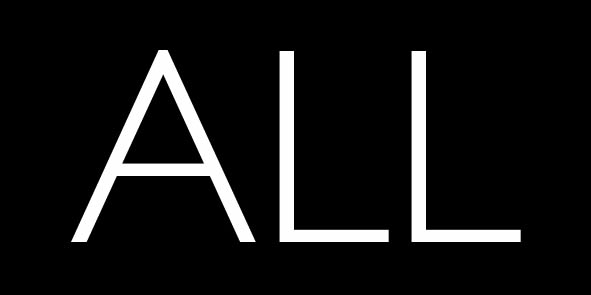Making All Voices Count’s Research and Evidence Component last week undertook a series of thematic discussions as part of a sequenced learning process. Below is a summary of the second discussion which took place, led by Researcher Evangelia Berdou, summarised by Alexandra Kelbert.
All: the aim of inclusiveness in transparency and accountability work.
The conversation was kicked-off with a question from Evangelia: ‘What aspects of inclusions in engaging citizens are we often failing to consider?’
Based on the recognition that access and use of technology depends notably on income, education, gender, age and location, the conversation quickly moved towards the idea of participation, raising the question: ‘what is it that prevents people from engaging?’
While participation is often pegged to utility – as Linda Raftree explained, it is also often embedded in the complexities of power dynamics. “Participation, transparency and accountability are long term projects, whereas often the most vulnerable people are busy with short-term needs.” As noted by Rosemary McGee,“one man’s utility is often another [wo]man’s experience of subordination to visible power.”
Most participants agreed that if social accountability programmes and projects aiming to enable ‘better access’ to technology are treated as short-term/quick fixes, rather than complex processes of social change, and if they fail to consider the less visible boundaries of power that constrain agency, voice and participation, they are unlikely to be successful in building inclusion and instead risk empowering the already empowered.
Erica Hagen pointed to the hypocrisy of projects that claim to bring about inclusion, while systematically excluding ‘beneficiaries’ from the planning process. Drawing on her experience with Map Kibera, she made a case for the need to see inclusion not simply as an outcome, but to make it a part of the project planning and decision-making processes.
From there, new questions emerged:
- What is the right “technology” in XYZ context?
- What might prevent people from engaging?
- What can we do to lower the barriers to entry and include more hands/voices/perspectives?
Participants drew on personal experience, with the example of the TRAC FM method in the context of Farm Radios, providing a particularly relevant and interesting case.
List of participants: Alex Kelbert, Albert van Zyl, Arne Hintz, Brendan Halloran, Erica Hagen, Ian Schuler, Jamie Lundine, Jaume Fortuny, Jethro Pettit, Linda Raftree, Marjan Besuijen, Mikel Maron, Philip Thigo, Remko Berkhout, Rosemary McGee, Wouter Dijkstra.
This e-discussion took place as part of a week long discussion hosted by Making All Voices Count from 20-24th January, 2014 which explored:
• Making: understanding of the conditions for fostering the right kind of innovation to Make All Voices Count
• All: the aim of inclusiveness in transparency and accountability (T&A) work, and within Making All Voices Count
• Voices: the expression of citizen engagement with the state or corporate actors on issues related to transparency and accountability(in tech-for-T&A initiatives, mediated by technology)
• Count: government responsiveness to citizens’ exercise of voice
Related content
-
PUBLICATION | June 28, 2014
The question of inclusiveness -
PROJECT | February 2, 2017
Map Kibera: Learning from six years of digital citizen engagement -
PUBLICATION | February 22, 2017
Shifting the spotlight: understanding crowdsourcing intermediaries in transparency and accountability… -
BLOG | January 29, 2014
From ‘feedback loops’ to ‘responsive governance’ -
BLOG | January 29, 2014
Inclusion in Making All Voices Count -
BLOG | January 28, 2014
Part 1: Understanding the conditions for fostering the right kind… -
BLOG | January 27, 2014
Part 2: Understanding the conditions for fostering the right kind… -
BLOG | January 29, 2014
Which voices are heard and by whom?
